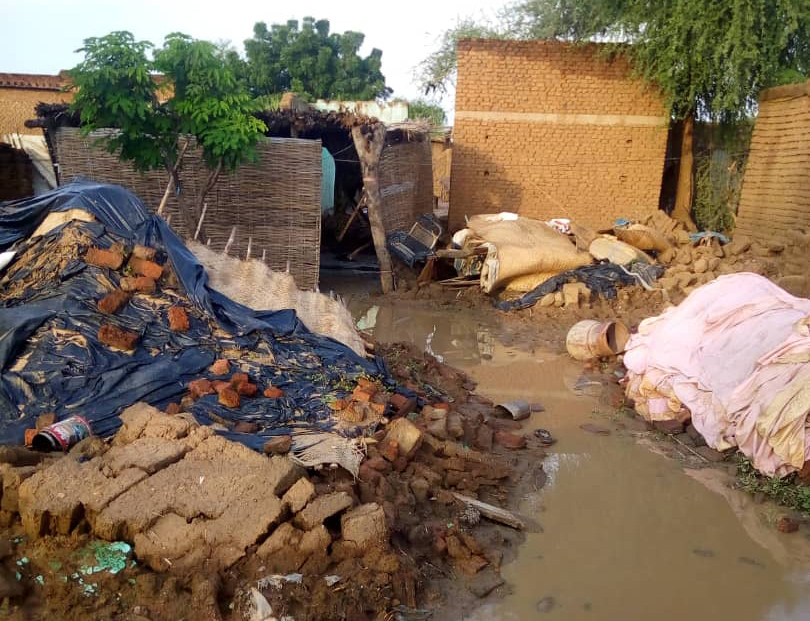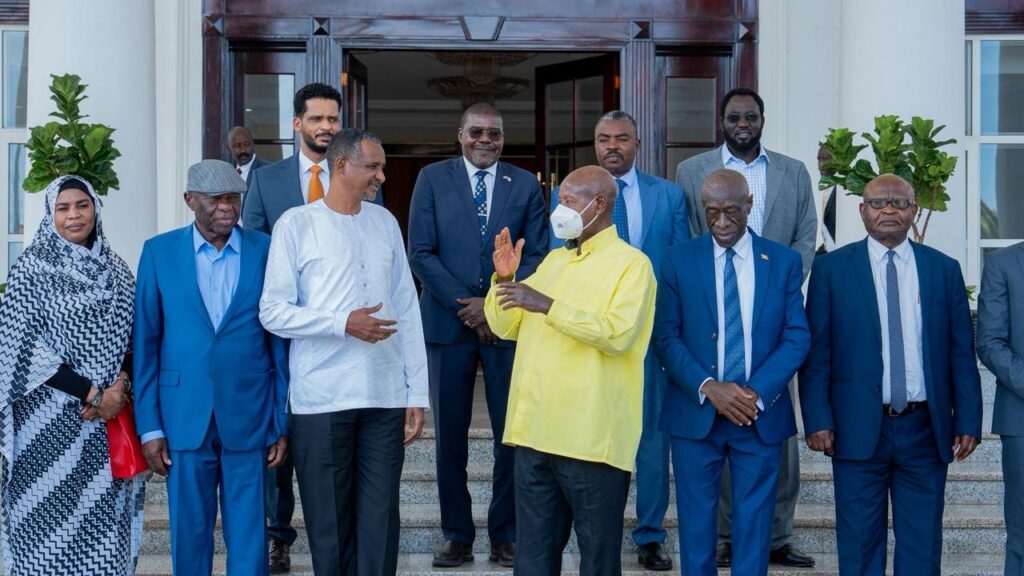
An unprecedented spread of dengue fever and malaria is hitting Khartoum, Omdurman and Bahri, as stagnant rainwater, blocked drains and uncollected rubbish drive mosquito and fly populations higher amid a breakdown in public services.
Hospitals and clinics are overcrowded, with some facilities turning patients away for lack of medicines and supplies. Residents report scarce operating pharmacies, shortages of anti-malarials and a lack of bed nets. A health worker said five people died last week in Jabra and al-Kalaklat, adding that many patients are staying home without proper guidance because they cannot access care.
The Federal Emergency Center at the Health Ministry said cumulative dengue cases have surpassed 5,000 nationwide, including 325 in Khartoum State, underscoring the pressure on a health system battered by the war. Authorities estimate infrastructure losses in Khartoum’s health sector at about $11 billion, with many hospitals, clinics and pharmacies damaged or destroyed.
As complaints mount on social media about mosquito and fly infestations, residents say some local authorities have asked neighborhoods to pay fees for equipment to clear debris and garbage—costs many cannot afford after months of conflict.
Health officials announced new measures. The Khartoum State Health Ministry launched a large-scale fogging campaign starting Tuesday, pledging phased coverage across all localities through November 2025. Dr. Mohammed al-Tijani, who heads emergency and epidemic control, said the drive targets peak transmission during the rainy season. Dr. Bashir Adam, director of the state’s malaria program, urged households to cooperate by opening windows and doors during spraying, covering food and drinks, and keeping children, the elderly and people with respiratory illness away while fogging is underway.
Separately, the Khartoum locality’s rainy-season emergency committee banned dumping waste in informal sites and public fields, and called for community clean-up initiatives to run alongside official spraying campaigns. The national health minister in the de facto administration, Dr. Haitham Mohamed Ibrahim, said funds have been approved for states to respond to the rainy season, but stressed that environmental clean-up and vector control require intensified effort.
Authorities urged residents to avoid stagnant water and low-lying areas, secure households and prioritize vulnerable groups, as disease risk rises with continued rains and disrupted municipal services.




